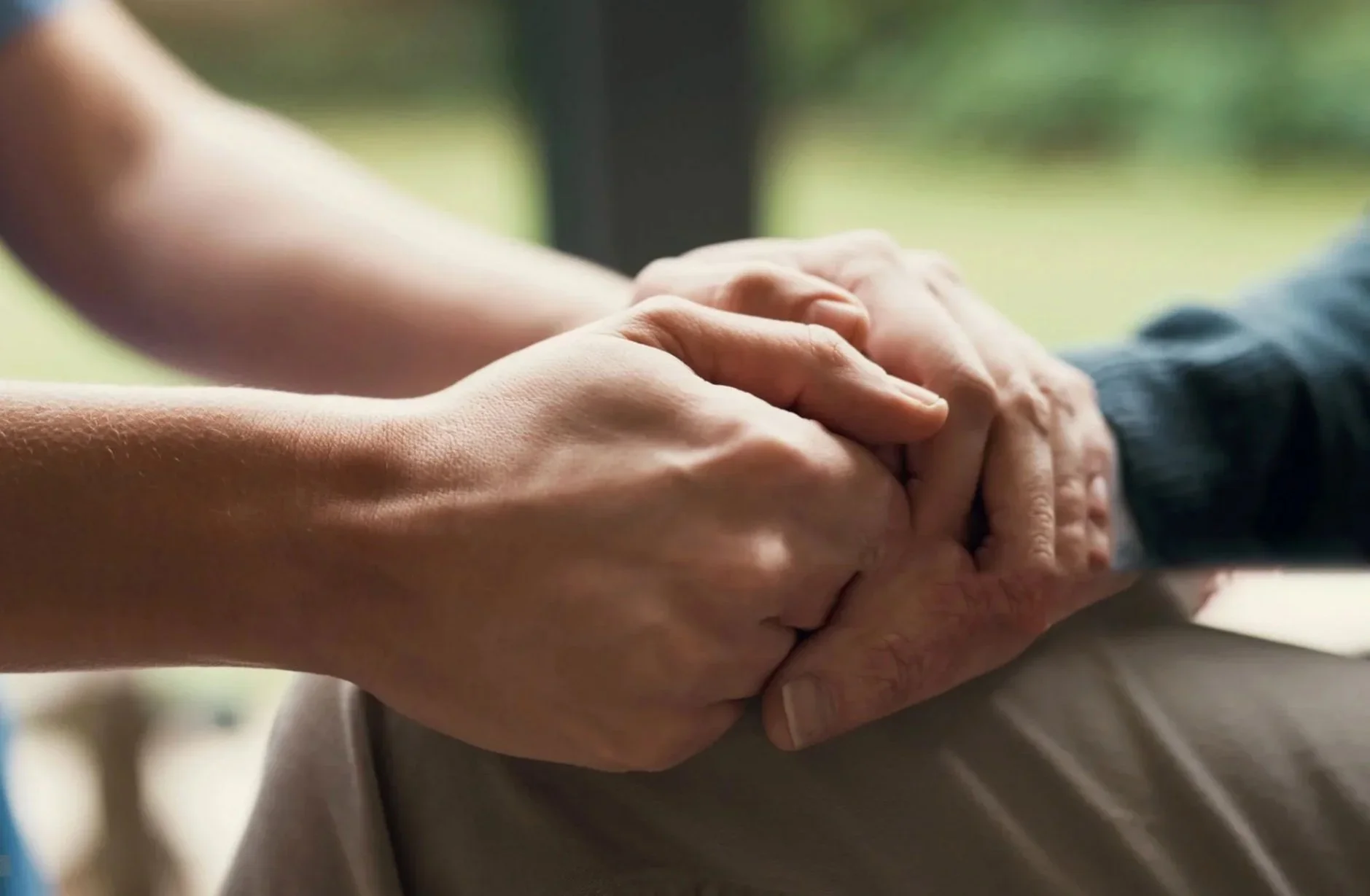Getting Your Affairs - in Order
Author: Matthew Hutton
Overview: From wills and finances to digital assets and dependants, Subject Matter Expert Matthew Hutton provides practical guidance to organise your affairs, protect loved ones, and leave a thoughtful legacy.
Getting Your Affairs in Order
It has always seemed extraordinary to me that, while we plan carefully for so many aspects of life - where to live, work, marriage, pastimes - we often fail to prepare for the one certainty: our death. The experiences of two widowed friends encouraged me to put pen to paper, and in December 2022 I published a book to help others think about this vital subject. My professional background as a Private Client Tax and Trusts Adviser, alongside more recent pastoral experience as an Anglican Priest, seemed to equip me well for the task.
So here are my Ten Top Tips:
1. Relationships – the Key Issue
None of us knows when, or in what circumstances, our final day will come. What matters above all is that our relationships are as good as they can be, with no unfinished business. It is all too easy for things left unsaid or undone to become a source of regret. Forgiveness - given or received - can be a powerful gift.
It also helps to leave a list of who should be notified on your death, with contact details and the order in which they should be told—family, friends, advisers, or colleagues.
2. Lasting Powers of Attorney (LPAs)
While we hope never to lose mental capacity, it is important to prepare in case we do. Attorneys can be appointed to make decisions on our behalf about both Property & Financial Affairs and Health & Welfare. Choose people you trust absolutely. Once registered with the Office of the Public Guardian for a modest fee, the documents can be stored safely - one hopes never to be used.
3. Dependants
Think about your responsibilities for children, elderly relatives, or even pets. Especially if you are the second of a couple to die, who will care for them? For children, this involves appointing guardians in your Will, making financial provision, and having conversations about how you would like them brought up.
4. Death Certificates
A death must be registered within five days after confirmation of the cause of death by the medical examiner in England, Wales and Northern Ireland, or within eight days in Scotland. Recent changes have made the process more complex. Making a list of the required information, including the whereabouts of various certificates, can save huge distress at the time.
The medical examiner will have sent to the Registrar the medical certificate of the cause of death. And you will need the following information for the person who died:
full name, including any previous names – such as birth name
date and place of birth
last address
occupation
full name, date of birth, occupation and National Insurance number of their surviving/late spouse or civil partner if they were married or in a civil partnership
whether they were in receipt of a Government pension or any other benefits.
If available, you should also take their:
birth certificate
marriage or civil partnership certificate
National Insurance number
NHS medical card
proof of address, such as a utility bill
Council tax bill
driving licence
passport.
Also bring a document showing your name and address, such as a utility bill, as proof of your identity.
5. Wills
Nearly three in five adults in England and Wales have no Will. Dying without one means your estate is distributed under the Intestacy Rules, which may not reflect your wishes. How much better to make a Will and keep it up to date.
Your choice of Executors is key, as they will manage your estate. Professional advisers will charge fees for this so appropriate family members or close friends may prove the best choice here: advance conversations are essential. You may leave the residue outright, or perhaps in trust, and include gifts of money or possessions. Executors are also given a range of administrative powers. Letters of Wishes can be helpful for guidance.
Writing a Will?
It may be one of the most important documents you ever create — it won’t make a family, but it can break one.
Our Free Will Service with Octopus Legacy offers a trusted, simple way to write your Will - ensuring you care for your family and friends practically and emotionally as well as financially - while also helping thousands of others.
6. Funeral Arrangements
Families often appreciate knowing the deceased’s wishes. Would you like a burial or cremation? A religious service, and who should lead it? Should there be a gathering afterwards? The costs are deductible for Inheritance Tax. The more detail you can leave in a Letter of Wishes, the better, including permission for your family to do things differently if they need to.
7. Digital Assets
Managing passwords across multiple devices is hard enough when we are alive; it is even harder for those left behind. Leave a secure list or use a password manager and consider appointing someone to hold access. Some social media platforms now allow you to nominate a “legacy contact.”
8. Finances
It may take up to a year for Executors to obtain Probate, until then all assets are effectively frozen. Will a surviving spouse or partner be able to manage in the meantime, with no right to the deceased’s sole bank/building society accounts. A joint account will enable the survivor to continue to access funds.
Inheritance Tax is another consideration. What might be due in your case – and how will it be paid? Could lifetime gifts reduce liability, while still safeguarding your own future needs, including possible care costs? It is important to leave a record of lifetime gifts.
9. Responsibilities
If you run a business, hold office in a charity or club, or serve as a trustee, what would happen if you died suddenly? Others may be left uncertain. Better to make clear succession arrangements, with written notes to guide those who take over.
10. List of Possessions
Executors will find things easier if you leave a clear list of what you own, where to find it, and how to access your possessions. This includes things in the home. Such a record helps ensure that nothing is overlooked, and that your property remains insured after death.
Conclusion
Much more could be said, but these ten points may be a valuable start. Putting your affairs in order can ease the burden for loved ones at a difficult time and may prove one of the most thoughtful gifts you can leave behind.
How Your Last Gift – Getting Your Affairs in Order Could Help
My book Your Last Gift is intended to be “concise but comprehensive,” with cartoons and quotations to lighten the subject. It includes two checklists and five downloadable spreadsheets to complete, which can also be purchased in printed, ring-bound form.
The accompanying website provides updates on legal and practical developments. The book is available in hardback, digitally and as an audiobook read by me. For details, see www.yourlastgiftbook.com
Latest Articles




